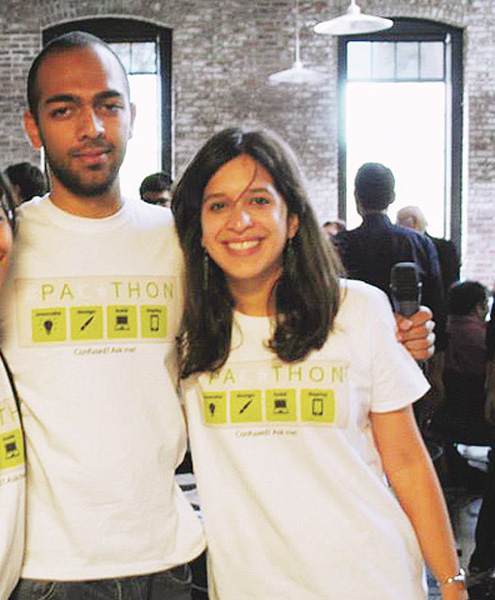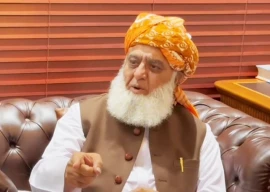
According to Zheela, problems are a ‘good’ thing as they enable you to get the wheels turning and to come up with creative solutions to overcome challenges. After completing high school in Karachi, the duo moved to the United States to pursue further studies and took up jobs in Boston, Massachusetts. While conversing over dinner one night, they came up with the idea of a Pakathon — a platform that connects overseas entrepreneurs, researchers and technologists with those back home to conceptualise business plans that could be executed in Pakistan — to reverse the effects of a brain drain.
As part of the initiative, Pakathon team members organise competitions, hackathons (where computer programmers and software developers collaborate to work on software projects) and seminars on programming, design and business plans in various cities that include Peshawar, Quetta, Sukkur, Faisalabad, Silicon Valley and Toronto. Last year, over a single weekend, the annual global hackathon was held simultaneously in 14 cities around the world with more than 10,000 participants and over 140 teams. Teams were formed comprising of members from across the globe and paired with a mentor to formulate a software solution to tackle pressing issues faced by the country, including healthcare, education and energy. The platform even allows startup businesses in Pakistan to access a US market and vice versa. Saim Siddiqui, one of the participants and founder of the Asli Goli initiative which enables consumers to differentiate between genuine and counterfeit medicine, attended a Pakathon event in Boston last year and moved to Pakistan to launch his company. Several successful businesses have been launched as a result.
The initiative has grown exponentially since it was conceived in 2013 and now comprises of a team of over 85 volunteers across 15 cities. Another upside of the Pakathon is that it not only targets well-known universities across Pakistan but also reaches out to lesser-known ones such as the University of Malakand, which secured the second position in a global competition. It has, as a result, garnered a lot of global attention and has been sponsored by a number of organisations. And as long as the Pakathon continues to grow in size and prosper, so will the future of Pakistan.
*This story originally appeared on extraordinarypakistanis.com
Bilal Lakhani is a recipient of the James A Wechsler Award for International Reporting and a graduate of Columbia University’s Graduate School of Journalism. He tweets @MBilalLakhani
Published in The Express Tribune, Sunday Magazine, January 25th, 2015.
1724760612-0/Untitled-design-(12)1724760612-0-405x300.webp)








1731842248-0/Untitled-design-(21)1731842248-0-270x192.webp)







COMMENTS
Comments are moderated and generally will be posted if they are on-topic and not abusive.
For more information, please see our Comments FAQ